
Have you ever wanted to shake off some of your expanding leadership responsibilities with, “But that’s not part of my job!”? Yes?
But what if you’re looking at the wrong thing? What if this isn’t even about your job? What if the Lord is trying to expand your calling?
It’s easy to allow your job description, or what you are paid to do, shape your vision and calling. But, fellow leader, you are more than your current job title. Your current job is only one aspect of your broader calling.
A job always carries a title; a calling rarely does. A job title implies boundaries; a calling knows no bounds.
Are you ‘The Pastor’ or are you called to pastor people? If you only see yourself as ‘The Pastor’ you will be limited to location and role. But if you are called to pastor people, your calling has neither geographical nor role boundaries.
Bishop TD Jakes is a classic example of moving beyond a job to embrace an expanding calling. He has stepped out beyond the traditional role of pastor in a local church to serve as an entrepreneur, talk show host, producer and author. In his own words, he is called to communicate and his calling continues to expand.
Don’t allow your job title or what you are paid to do limit the scope of your influence and impact.
Whether you are called to pastor or to communicate or to show mercy or… whatever it is, until you step beyond your job into your calling, you will never know your full capacity. Nor will the people you lead.
Maybe your calling needs to be expanded beyond one primary industry. Historically, we have encouraged a single career culture, but I think this means there are great people who are underachieving their potential.
Successful parallel careers become a possibility when you focus on expanding your calling.
Take the Apostle Paul, for example. He led an incredible ministry, but also ran his tent-making business on the side. Or my friend, John, who owns a large transportation business. Compelled by the spiritual poverty in his hometown, John and his wife decided to plant and pastor a church – at the same time as they began expanding their business into shipping. Today both the church and the business are thriving!
I don’t believe God is the slightest bit interested in your job title. But He is very interested in your calling.
And I believe He is looking for leaders who combine focus with flexibility. “Submit your plans to the Lord.” (Prov 16:3) presumes planning and focus. “Your will be done.” (Mt 6:10) requires flexibility and an open mind for what He wants to do in and through us.
Take a moment to ask yourself:
– Who is missing out because of my refusal (or delay) to step beyond my job into my calling?
– What business or ministry opportunities am I potentially missing out on?
Your calling is not just about you, it’s about the vision God has given you, about the people God has called you to serve. When God called Moses, it wasn’t about Moses. Rather, it was in response to the cries of His people.
Don’t delay. Embrace your calling. For His sake. For others’ sake. Allow God to lead you and expand your calling. In eternity you will be so glad you did.



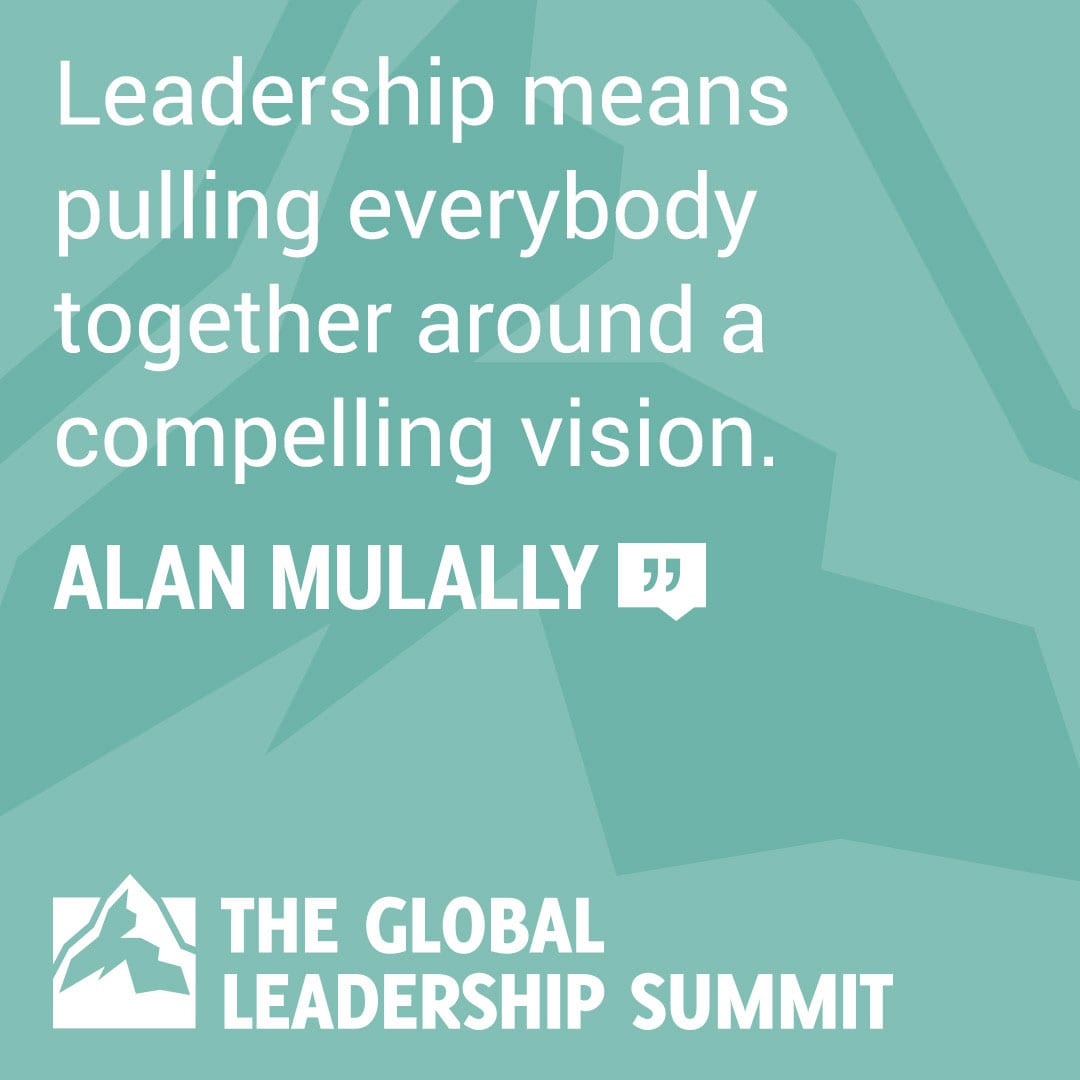

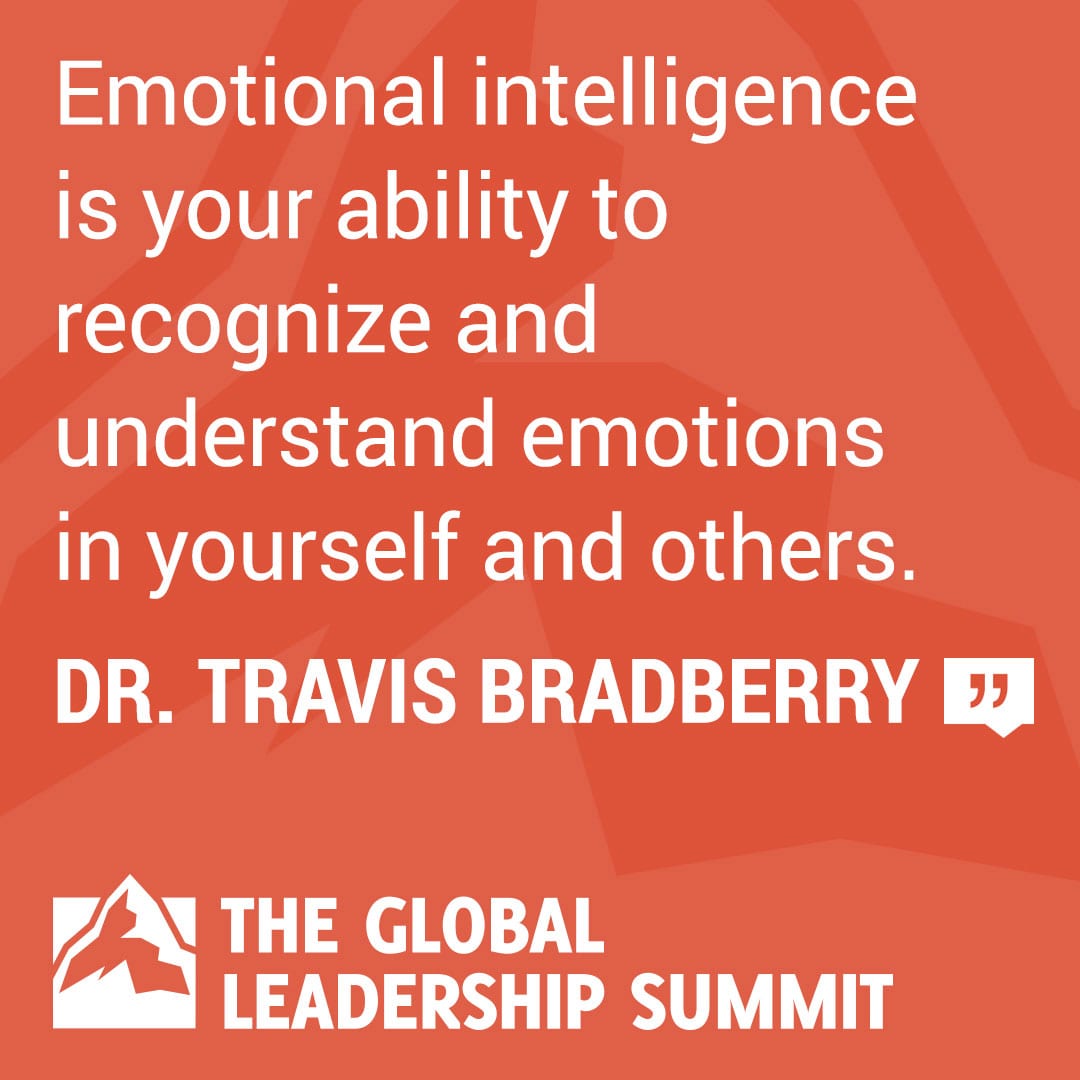


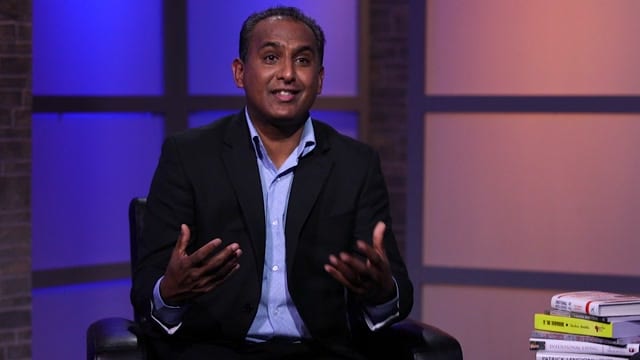
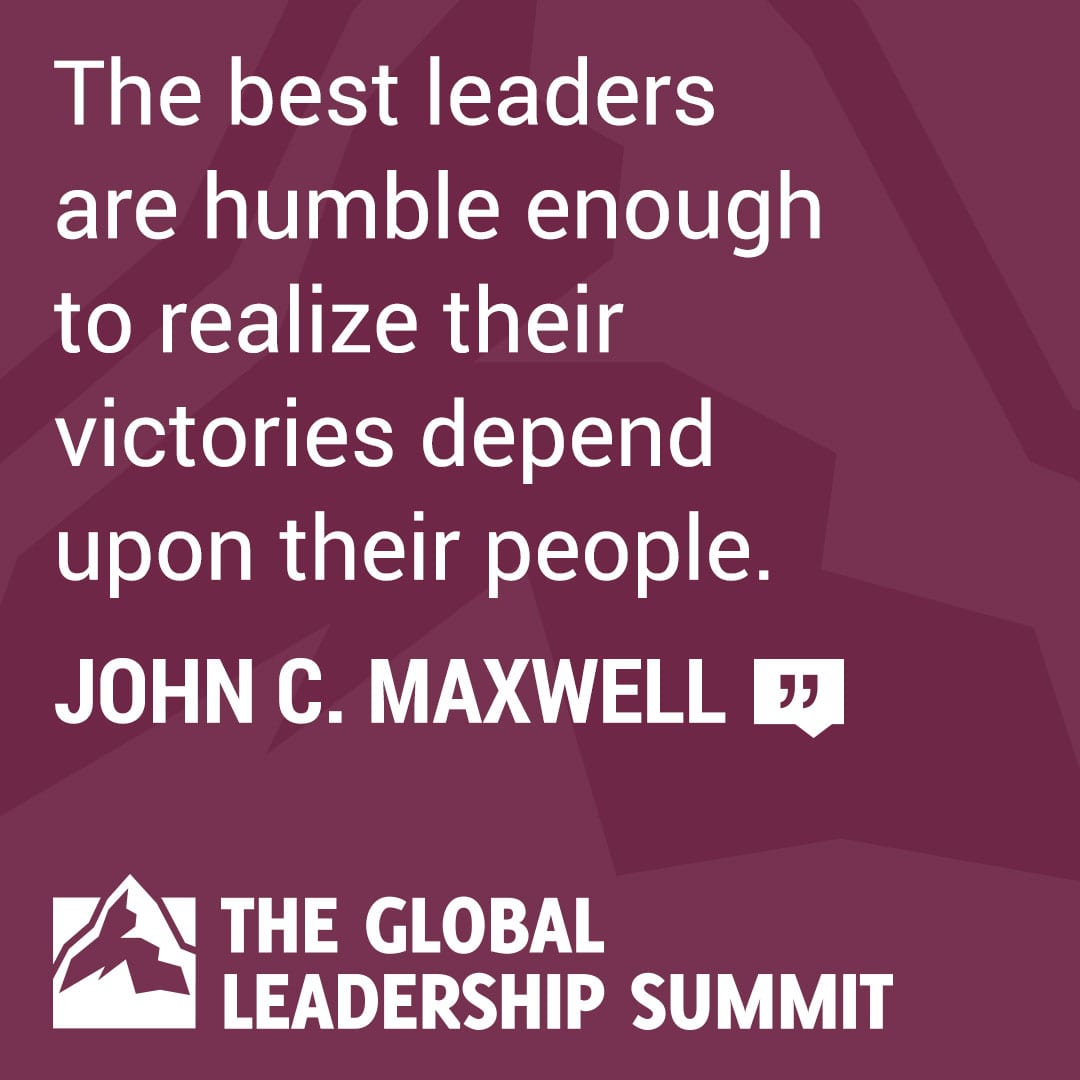
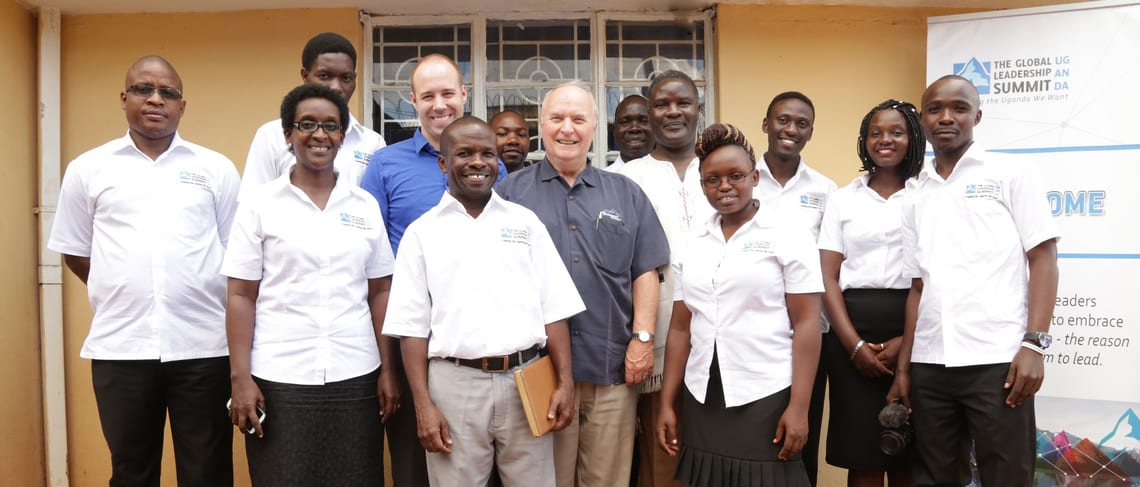





Recent Comments